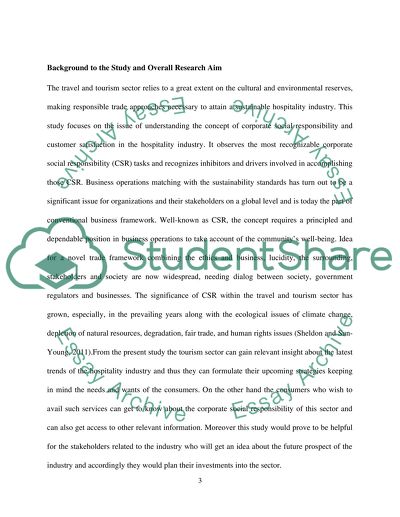Cite this document
(“Corporate social responsibility and customer satisfaction in the Dissertation”, n.d.)
Retrieved from https://studentshare.org/tourism/1489114-corporate-social-responsibility-and-customer
Retrieved from https://studentshare.org/tourism/1489114-corporate-social-responsibility-and-customer
(Corporate Social Responsibility and Customer Satisfaction in the Dissertation)
https://studentshare.org/tourism/1489114-corporate-social-responsibility-and-customer.
https://studentshare.org/tourism/1489114-corporate-social-responsibility-and-customer.
“Corporate Social Responsibility and Customer Satisfaction in the Dissertation”, n.d. https://studentshare.org/tourism/1489114-corporate-social-responsibility-and-customer.


